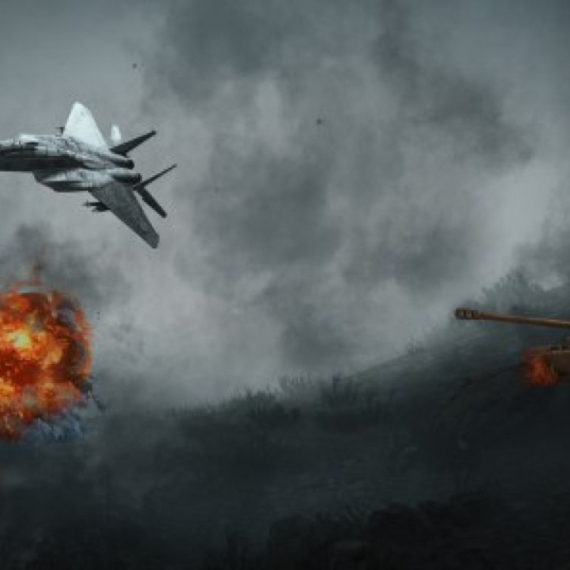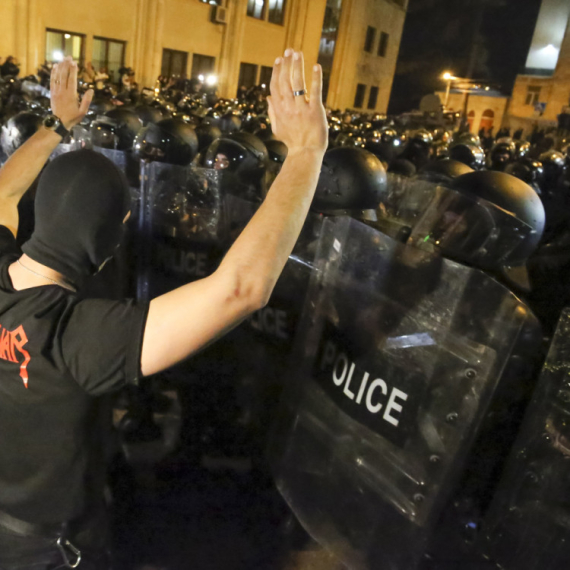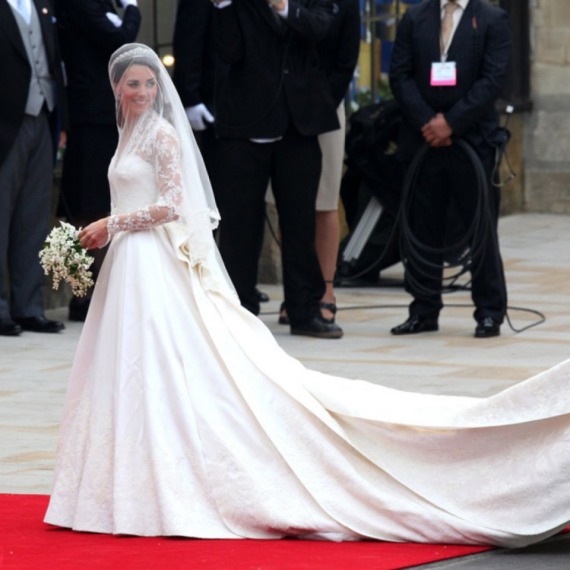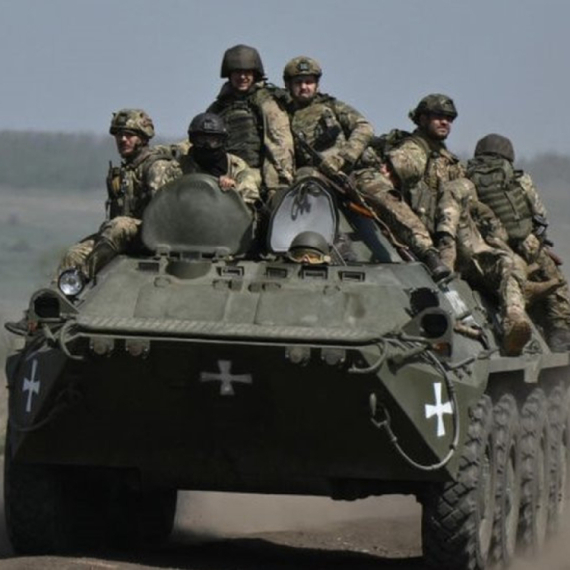U.S. officer on trial for Abu Ghraib
Lt. Col. Steven Jordan, the only military officer charged in the Abu Ghraib case, goes before a court martial Monday.
Monday, 20.08.2007.
13:04

Lt. Col. Steven Jordan, the only military officer charged in the Abu Ghraib case, goes before a court martial Monday. More than three years after snapshots of Iraqi prisoners humiliated by their prison guards shocked the world, only a handful of U.S. soldiers have been convicted, but none of their military or civilian superiors. U.S. officer on trial for Abu Ghraib The pictures showed naked prisoners piled in pyramids, tied to each other with electric wire, threatened by dogs, wearing women's undergarments on their heads and forced to parade naked before female guards. The graphic abuse cut short the widespread feeling of sympathy the September 11, 2001 attacks had generated for the United States. In 2006, U.S. President George W. Bush admitted the Abu Ghraib scandal was the biggest mistake his government made in Iraq. Donald Rumsfeld, the controversial defense secretary at the time, said he had twice tended his resignation over the scandal, which he blamed on just "a few bad apples" out of hundreds of thousands of U.S. servicemen. Only 11 soldiers have been convicted so far in the scandal. They have received sentences from a few hours of community work to ten years behind bars. Most said they were simply following orders. Among the higher ranks, former general Janis Karpinski, prison commander in Iraq at the time of the scandal, was sanctioned with a demotion, but was never put on trial. After shedding her uniform, Karpinsky said in a book published in late 2005 that the Abu Ghraib abuses "were the result of conflicting orders and confused standards extending from the military commanders in Iraq all the way to the summit of civilian leadership in Washington." U.S. author Tara McKelvey, who wrote a book about Abu Ghraib, hopes the hearing will provide some answers as to why U.S. soldiers forced their Iraqi prisoners to strip, form naked human pyramids, parade on all fours with leashes chains on their necks, and threatened them with dogs. "These court-martials have been very useful in the sense that they allow people to ask questions. And they forced people to account for their behavior when they were at the prison," she told AFP. According to different Pentagon reports, Jordan, 51, was part of the confusion. At Abu Ghraib he was officially responsible for the interrogation center, but due to his lack of experience he devoted his time to trying to improve conditions for the soldiers posted in the prison who felt they had been abandoned as cannon fodder. The army reservist who specialized in analyzing intelligence, not gathering it, did not supervise interrogations, allowing the abuse to flourish among his badly-stretched staff who were under constant pressure to produce results. He is accused of forcing prisoners one night to strip naked, before threatening them with attack dogs and of lying to investigators that he had not witnessed any abuse or naked inmates at the prison. He is charged with obstructing justice, failing in his duties, lying to investigators and of conduct unbecoming an officer. He faces a maximum of 16 and a half years in prison. The court martial is expected to last two weeks. Jordan's case has drawn little attention by U.S. media, which in just a few articles describe him as a scapegoat in the scandal. Only 20 reporters have signed on to cover his court martial. Even civil rights groups are keeping a low profile.
U.S. officer on trial for Abu Ghraib
The pictures showed naked prisoners piled in pyramids, tied to each other with electric wire, threatened by dogs, wearing women's undergarments on their heads and forced to parade naked before female guards.The graphic abuse cut short the widespread feeling of sympathy the September 11, 2001 attacks had generated for the United States. In 2006, U.S. President George W. Bush admitted the Abu Ghraib scandal was the biggest mistake his government made in Iraq.
Donald Rumsfeld, the controversial defense secretary at the time, said he had twice tended his resignation over the scandal, which he blamed on just "a few bad apples" out of hundreds of thousands of U.S. servicemen.
Only 11 soldiers have been convicted so far in the scandal. They have received sentences from a few hours of community work to ten years behind bars. Most said they were simply following orders.
Among the higher ranks, former general Janis Karpinski, prison commander in Iraq at the time of the scandal, was sanctioned with a demotion, but was never put on trial.
After shedding her uniform, Karpinsky said in a book published in late 2005 that the Abu Ghraib abuses "were the result of conflicting orders and confused standards extending from the military commanders in Iraq all the way to the summit of civilian leadership in Washington."
U.S. author Tara McKelvey, who wrote a book about Abu Ghraib, hopes the hearing will provide some answers as to why U.S. soldiers forced their Iraqi prisoners to strip, form naked human pyramids, parade on all fours with leashes chains on their necks, and threatened them with dogs.
"These court-martials have been very useful in the sense that they allow people to ask questions. And they forced people to account for their behavior when they were at the prison," she told AFP.
According to different Pentagon reports, Jordan, 51, was part of the confusion.
At Abu Ghraib he was officially responsible for the interrogation center, but due to his lack of experience he devoted his time to trying to improve conditions for the soldiers posted in the prison who felt they had been abandoned as cannon fodder.
The army reservist who specialized in analyzing intelligence, not gathering it, did not supervise interrogations, allowing the abuse to flourish among his badly-stretched staff who were under constant pressure to produce results.
He is accused of forcing prisoners one night to strip naked, before threatening them with attack dogs and of lying to investigators that he had not witnessed any abuse or naked inmates at the prison.
He is charged with obstructing justice, failing in his duties, lying to investigators and of conduct unbecoming an officer. He faces a maximum of 16 and a half years in prison. The court martial is expected to last two weeks.
Jordan's case has drawn little attention by U.S. media, which in just a few articles describe him as a scapegoat in the scandal. Only 20 reporters have signed on to cover his court martial.
Even civil rights groups are keeping a low profile.


























































Komentari 2
Pogledaj komentare